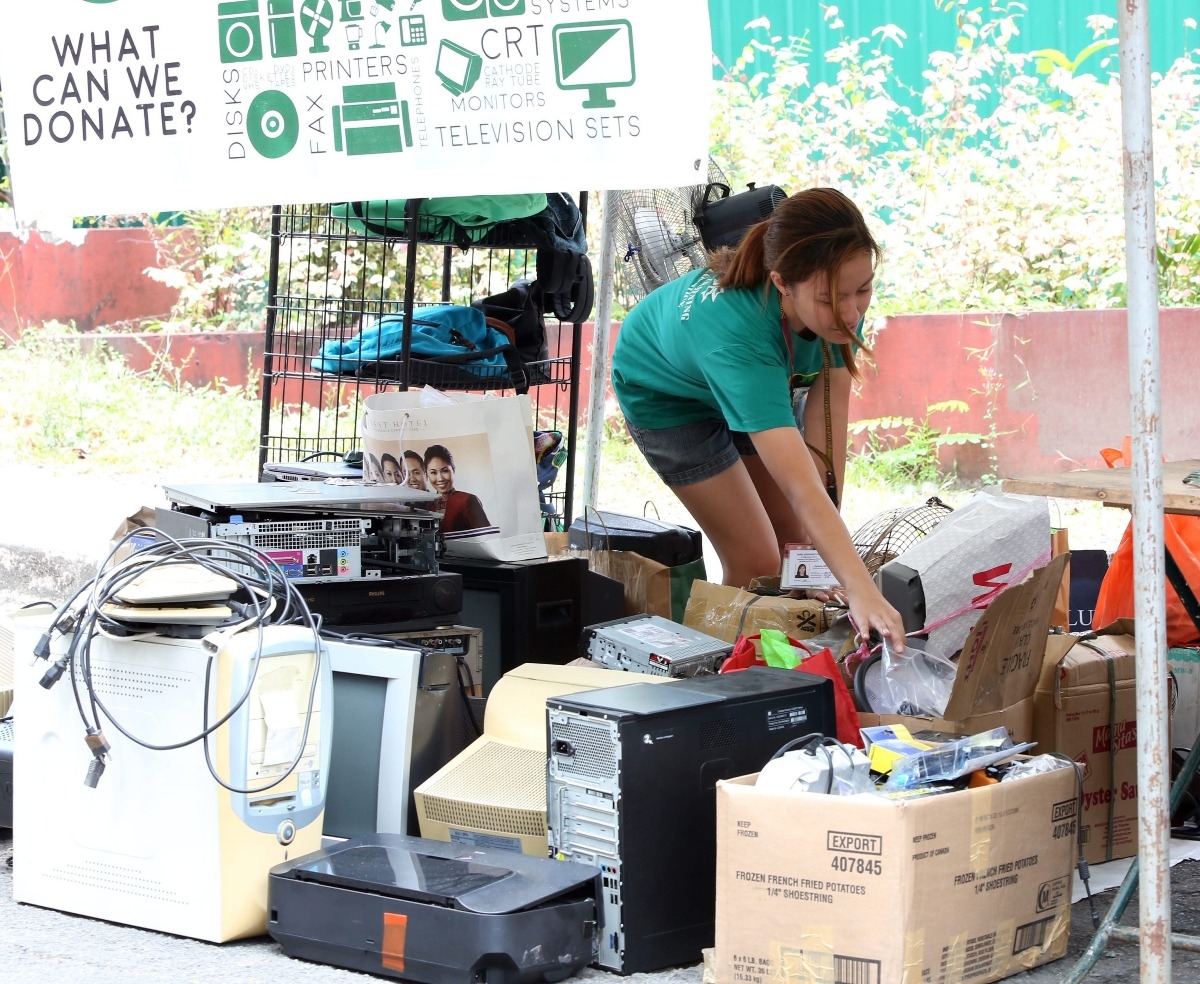
E Waste Law In The Philippines. Many of these products can be reused refurbished or recycled in an environmentally sound manner so that they are less harmful to the ecosystem and. The country is ranked third in the world for failing to deal with its plastics. Electronic waste or e-waste refers to electronic products that no longer satisfy the needs of the initial purchaser. Despite the Philippines being a signatory to the Basel Convention which prohibits the transboundary movement of hazardous waste these toxic wastes are still welcomed to our shores through the importation of EEEs said Bautista.

Tn the Philippines ewaste is classified as a of waste under the Toxic Substances ard Hazardous Nuclear Wastes Control Act ot 1990 RA 6969 The Department on Environment and Natural Resources - Environmental Management Bureau DENRMB has issued a dratt document Of the Guidelines on the. 9003 otherwise known as the Philippine Ecological Solid Waste Management Act of 2000 and by virtue of Executive Order No. The country is ranked third in the world for failing to deal with its plastics. Republic Act 9003 or the Ecological Solid Waste Management Act of 2000 classifies consumer electronics such as. Local Government Units LGUs nationwide are likewise enjoined to. Yet the 2017 Global E-Waste Monitor said the Philippines has no national regulation in force as regards e-waste as of January 2017.
PD825Nov 7 1975 Otherwise known as the Anti-littering Law of the Philippines this law stipulates the cleaning by all institutions and establishments as well as the citizens the surroundings within the country and provides penalties for improper disposal of garbage and other forms of uncleanliness.
9003 or the Ecological Solid Waste Management Act and proper handling of household healthcare wastes such as used face masks and gloves that are considered as special wastes will help stop the spread of COVID19. On the other hand the Partnership on Measuring ICT for Development defines e-waste into six categories namely. These can include a wide variety of. 9003 otherwise known as the Philippine Ecological Solid Waste Management Act of 2000 and by virtue of Executive Order No. Pursuant to the provisions of Section 59 of Republic Act No. Despite the Philippines being a signatory to the Basel Convention which prohibits the transboundary movement of hazardous waste these toxic wastes are still welcomed to our shores through the importation of EEEs said Bautista.